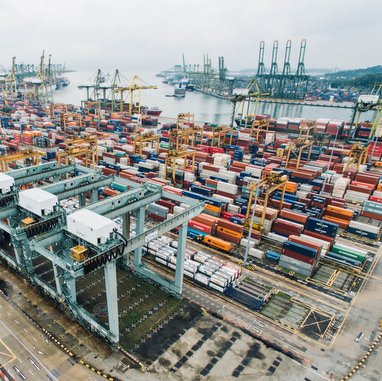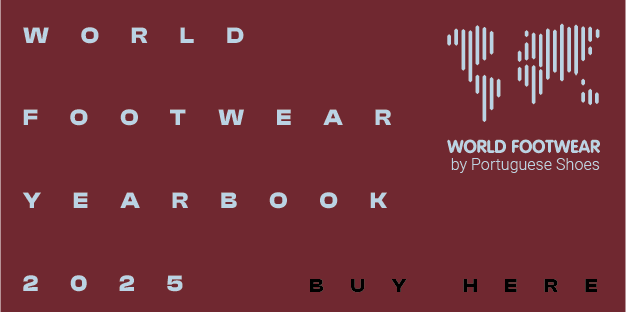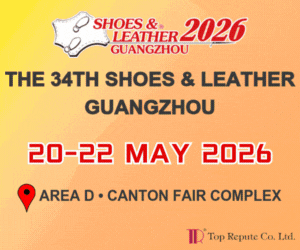European Commission adopts FTA with Vietnam

Today the European Commission adopted the EU-Vietnam trade and investment agreements, paving the way for their signature and conclusion. The Commission is committed to putting these agreements in place as soon as possible
The trade agreement will eliminate virtually all tariffs on goods traded between the two sides. The agreement also includes a strong, legally binding commitment to sustainable development, including the respect of human rights, labour rights, environmental protection and the fight against climate change, with an explicit reference to the Paris Agreement
President of the European Commission Jean-Claude Juncker said: "The trade and investment agreements with Vietnam are exemplary of Europe's trade policy. They bring unprecedented advantages and benefits for European and Vietnamese companies, workers and consumers. They take fully into account the economic differences between the two sides. They promote a rules- and values-based trade policy with strong and clear commitments on sustainable development and human rights. By adopting them a few hours before welcoming the participants in the ASEM-EU Summit in Brussels, the Commission shows its commitment to open trade and engagement with Asia. I now expect the European Parliament and EU Member States to do the necessary for the agreements to enter into force as soon as possible".
Commissioner for Trade Cecilia Malmström said: "The Commission has now delivered two valuable and progressive agreements with Vietnam that I am convinced the European Parliament and EU Member States can support. Vietnam has massive potential for EU exporters and investors to do business, both now and in the future. It is one of the fastest-growing economies in Southeast Asia, with a vibrant market of more than 95 million consumers, an emerging middle class and a young, dynamic workforce. Through our agreements, we also help spread European high standards and create possibilities for in-depth discussions on human rights and the protection of citizens."
The trade agreement will eliminate over 99% of customs duties on goods traded between the two sides. Vietnam will remove 65% of import duties on EU exports from entry into force of the agreement, with the remainder of duties being gradually eliminated over a 10-year period, to take into account that Vietnam is a developing country. The agreement also contains specific provisions to address non-tariff barriers in the automotive sector, and will provide protection for 169 traditional European food and drink products in Vietnam, the so-called Geographical Indications, like Rioja wine or Roquefort cheese. Through the agreement, EU companies will be able to participate on an equal footing with domestic companies in bids for procurement tenders with Vietnamese authorities and state-owned enterprises.
The trade agreement includes an institutional and legal link to the EU-Vietnam Partnership and Cooperation Agreement, allowing appropriate action in the case of breaches of human rights. The investment protection agreement, meanwhile, includes modern rules on investment protection enforceable through the new Investment Court System and ensures that the right of the governments on both sides to regulate in the interest of their citizens is preserved. It will replace the bilateral investment agreements that 21 EU Members States currently have in place with Vietnam.
Alongside the agreement recently reached with Singapore, this agreement will make further strides towards setting high standards and rules in the ASEAN region, helping to pave the way for a future region-to-region trade and investment agreement.
The text of the EU-Vietnam free trade agreement was published on the 1st of February 2016.
President of the European Commission Jean-Claude Juncker said: "The trade and investment agreements with Vietnam are exemplary of Europe's trade policy. They bring unprecedented advantages and benefits for European and Vietnamese companies, workers and consumers. They take fully into account the economic differences between the two sides. They promote a rules- and values-based trade policy with strong and clear commitments on sustainable development and human rights. By adopting them a few hours before welcoming the participants in the ASEM-EU Summit in Brussels, the Commission shows its commitment to open trade and engagement with Asia. I now expect the European Parliament and EU Member States to do the necessary for the agreements to enter into force as soon as possible".
Commissioner for Trade Cecilia Malmström said: "The Commission has now delivered two valuable and progressive agreements with Vietnam that I am convinced the European Parliament and EU Member States can support. Vietnam has massive potential for EU exporters and investors to do business, both now and in the future. It is one of the fastest-growing economies in Southeast Asia, with a vibrant market of more than 95 million consumers, an emerging middle class and a young, dynamic workforce. Through our agreements, we also help spread European high standards and create possibilities for in-depth discussions on human rights and the protection of citizens."
The trade agreement will eliminate over 99% of customs duties on goods traded between the two sides. Vietnam will remove 65% of import duties on EU exports from entry into force of the agreement, with the remainder of duties being gradually eliminated over a 10-year period, to take into account that Vietnam is a developing country. The agreement also contains specific provisions to address non-tariff barriers in the automotive sector, and will provide protection for 169 traditional European food and drink products in Vietnam, the so-called Geographical Indications, like Rioja wine or Roquefort cheese. Through the agreement, EU companies will be able to participate on an equal footing with domestic companies in bids for procurement tenders with Vietnamese authorities and state-owned enterprises.
The trade agreement includes an institutional and legal link to the EU-Vietnam Partnership and Cooperation Agreement, allowing appropriate action in the case of breaches of human rights. The investment protection agreement, meanwhile, includes modern rules on investment protection enforceable through the new Investment Court System and ensures that the right of the governments on both sides to regulate in the interest of their citizens is preserved. It will replace the bilateral investment agreements that 21 EU Members States currently have in place with Vietnam.
Alongside the agreement recently reached with Singapore, this agreement will make further strides towards setting high standards and rules in the ASEAN region, helping to pave the way for a future region-to-region trade and investment agreement.
Background
Vietnam is the EU's second largest trading partner in the Association of Southeast Asian Nations (ASEAN) after Singapore, with trade in goods worth 47.6 billion euros a year and 3.6 billion euros as it comes to services. While EU investment stock in Vietnam remains modest standing at 8.3 billion euros in 2016, an increasing number of European companies are establishing there to set up a hub to serve the Mekong region. Main EU imports from Vietnam include telecommunications equipment, clothing and food products. The EU mainly exports to Vietnam goods such as machinery and transport equipment, chemicals and agricultural products.The text of the EU-Vietnam free trade agreement was published on the 1st of February 2016.
Next steps
The Commission is now submitting to the Council the proposals for signature and conclusion of both agreements. Once authorised by the Council, the agreements will be signed and presented to the European Parliament for consent. Once the European Parliament has given its consent, the trade agreement can then be concluded by the Council and enter into force. The investment protection agreement with Vietnam will be ratified by Member States according to their respective internal procedures.Photo by chuttersnap on Unsplash












